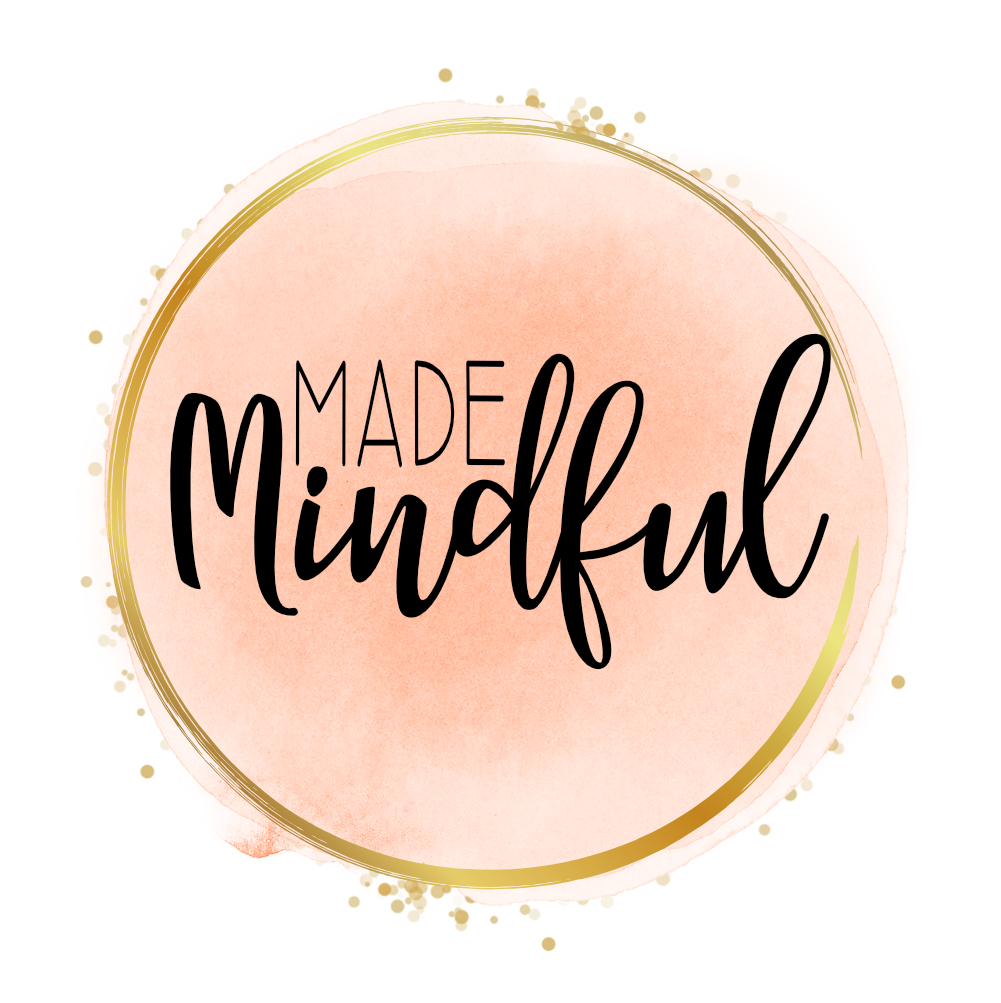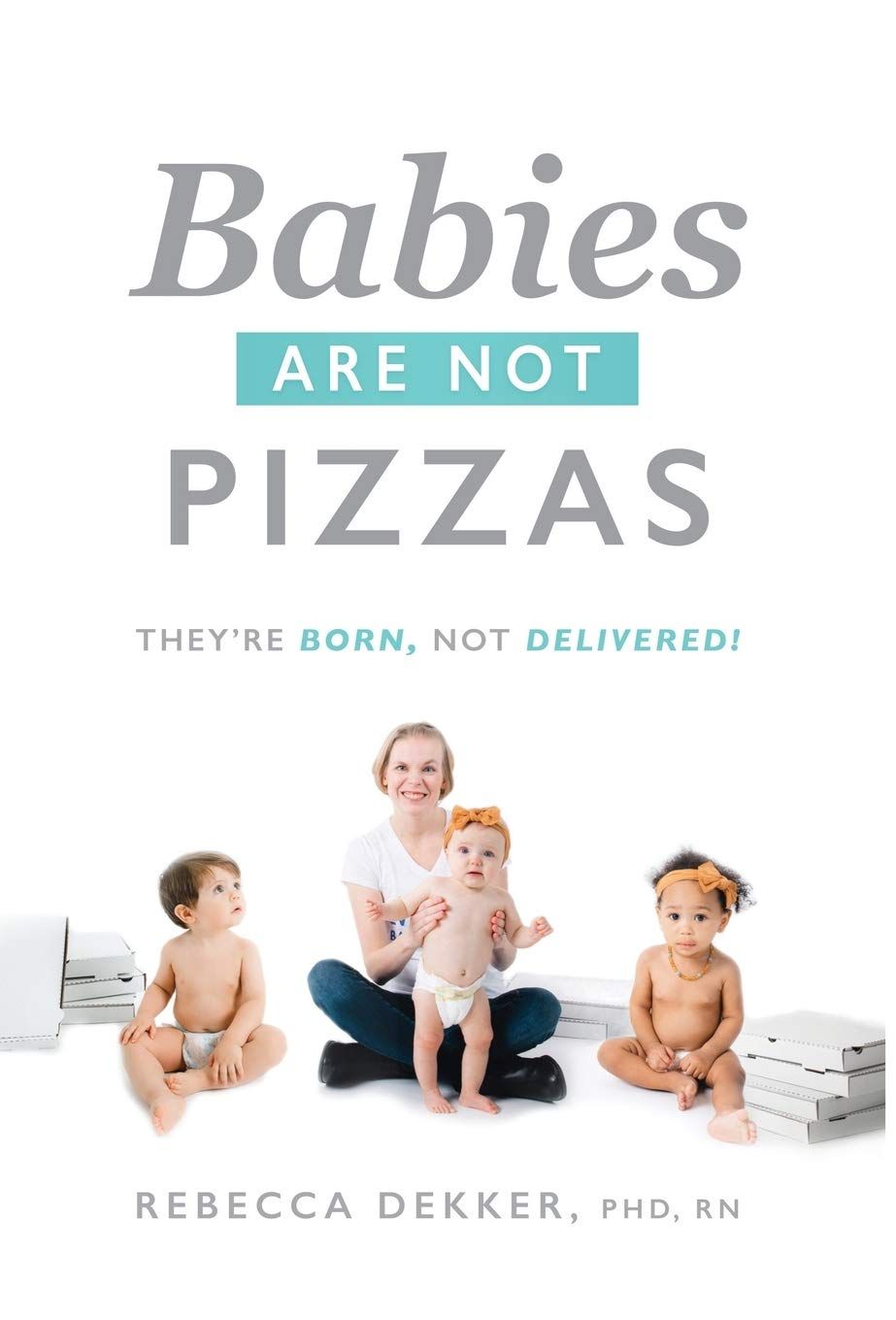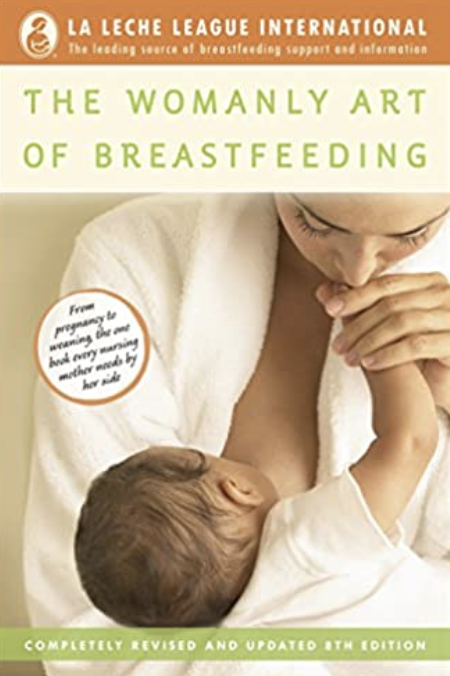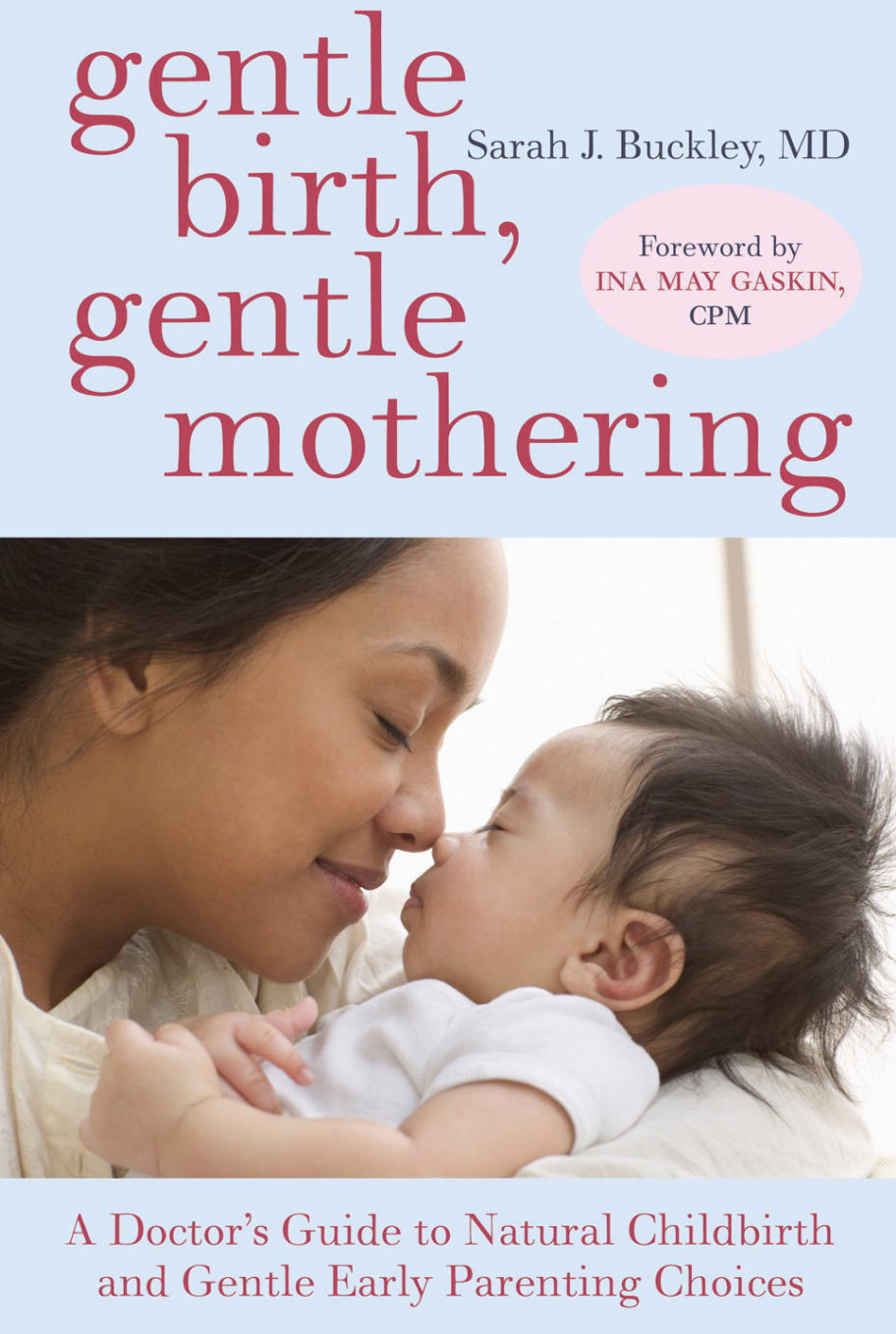Anita Collins , Phd
There are many takeaways in The Music Advantage by Dr. Anita Collins. Music learning trains the auditory processing network which is also primarily responsible for language learning and the auditory processing network. Musicians, even early on, have higher levels of neuroplasticity than other people. Neuroplasticity is the ability of the brain to change and not be fixed after a certain age or stage.
Babies prefer and understand song over speech, it is their first language of security, safety and love. The songs that you sing help a child feel part of a family or tribe and it is the language that soothes them to sleep and is the voice that will remain steadily inside your child’s ears.
Anita encourages us to “Just sing- sing to your babies in whatever way and environment works for you. Sing to create connection. Sing to reinforce safety and sing to make yourself feel good . Sing to create empathy and agency.” Therefore, making music through singing increases some brain chemicals such as dopamine and reduces cortisol which is a stress hormone. It acts as a circuit breaker for the production of cortisol in our bodies.
The beauty of learning music in childhood is that the experience itself, with all of its facets, can improve, amend, rewire, and refocus cognitive development in ways we could have never known or needed. The natural partner of attention is working memory, which is the capacity to temporarily hold onto information for processing. Both of these skills are vital for effective learning and both have been found to exist in higher than normal levels and musically trained children.
The ability for a musician to not give up, walk away or throw in the towel is called inhibitory control. The process of learning music builds up little doses of frustration and stress that adult musicians have learned through many years of exposure to help them to recognize, manage, and conquer future frustration; it is like exposure therapy for frustration and thus increases inhibitory control.
Dr. Collins asks us, “ Why would we keep trying when we are pretty sure through previous experience that we will fail?” The gap between “try” and “give up” appears to get shorter and shorter with every experience of failure because music learning seems to short circuit this message. This may be because of the micro goals which are set and achieved when producing the right sound out of an instrument at the right time. Because of the social nature of music learning, it can make us feel like we are in it all together.
Professor Aniruddh Patel suggests, “That music and language use an overlapping neural network that processes sound characteristics of both music and speech. This music training requires precision in processing information and producing music. It then elicits positive emotions and engagement, and that music learning requires repetition and sustained attention.” The mix of cognitive activities that are both hard to come by incorrectly, but so satisfying when we do both, can come to us both as a musician and a listener of music.
The recipe for musical learning seems to result in permanent, positive brain development at this stage and it has the following ingredients:
- It involves singing, moving, and playing the instrument outside our bodies, this includes working to sing in tune, moving both spontaneously and to a beat, and playing an instrument that is age-appropriate.
- It is learning in both an individual environment and a group environment from an expert - this includes having a personal lesson with a teacher which can happen in a group of 3 to 5 students depending on the instrument and in a larger group of maybe 10 to as many as 100.
- It is composed of learning to read musical notation that is age-appropriate- music notation. This is just another language, and consists of a sound to symbol connection, but this connection can be made with a symbol as simple as a single line that means hit the drum once.
- It involves starting to learn before the age of seven but this doesn’t mean that children cannot start learning after the age of seven or all is lost for your nine-year-old child and they will never get any benefit. Indeed your brain right now could get any benefit from learning an instrument no matter what age you are.
- If you’re young child can experience musical games, sound-to-sound symbols activities and moving to music just once a week it can create the benefits that are found in the previous list of ingredients.
Research into music learning has found that musically trained students have higher levels of resilience and persistence, and they not only appreciate diversity but seek it out.
Persistence is the sticking with it moment of continuing with a course of action in spite of it being difficult. Resilience is the ability to recover from difficulties, finishing a challenging task that requires extra courage and picking yourself up again. Resilience is also the ability to learn from previous mistakes and respond to new challenges by bringing learned knowledge to the task.
Music helps children, teenagers, and adults to continue in persistence, use resilience, and adapt as they are faced with new challenges in instrument and music training but choosing to continue and not look at it as failure. James Morrison, an Australian jazz musician said, “I love failing because I know that I am learning.”
This outlook about failure can be instilled more securely in children who are learning music and later be a helpful resource during teenage years when handling emerging challenges, taking calculated risks, managing stress effectively and avoiding addictions. Often these are the same traits that are found among leaders in childhood and teenage years. There are many other skills that children will acquire through education, sports team building, and social activities, but music is found to pull leadership and higher cognitive abilities out into the open more than other forms of learning.
To unearth and enhance leadership in children that will serve them well throughout their lives, they need to both be able to find a win by outside measures and appreciate that win from within themselves. Music learning and participation provides these avenues of leadership and a winning nature.
Dr. Adrian Hill and Dr. Jurgen Schupp from German institute for economic research did research in 2015 and discovered that the differences of cognitive and non-cognitive skills between adolescents who learned a musical instrument during childhood and those who did not were twice as much as sports, theater, or dance.
Their findings suggested that adolescents who are equipped with proper music training have better cognitive skills and school grades and are more conscientious, open, and ambition.
Throughout her book, Dr. Collins highlights the strengths and benefits of learning music through childhood in many various ways. After 21 years of teaching piano lessons, I strongly agree with her research. I have seen it come to fruition in my own children and students.
Reflect on the power of music as shared above! I believe if you start the steps to bring the miraculous gift of music training into your life and that of your children, you will see the results of greater cognitive abilities, self awareness, patience and inhibitory control and greater leadership skills.
View Anita Collin's speech.
Article by Christina Packard

Christina is the mother of 5. She is a writer and educator for Made Mindful, LLC. Along with gardening, embroidery, and playing the piano and trumpet, she finds thrills in anything DIY or craft related.
Visit Made Mindful's Etsy shop for nursery essentials and art!

